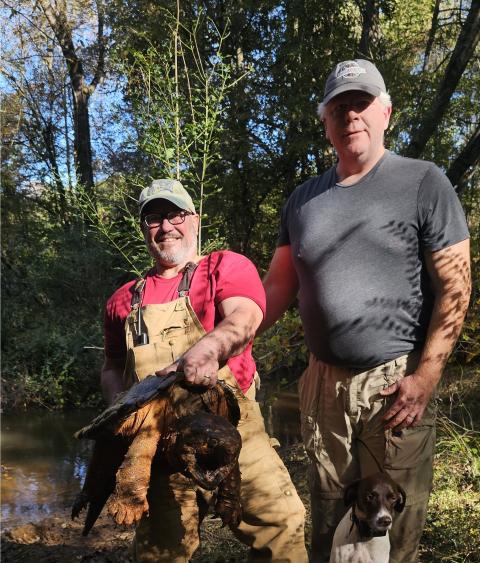Conservation Brief
Modern Fish Act Enacted
On December 31, President Donald Trump signed into law legislation to update federal saltwater fisheries management. The Modernizing Recreational Fisheries Management Act of 2018 (Modern Fish Act) updates the federal law that oversees how ocean fisheries are managed. The new law improves management tools for recreational fisheries and helps to define the important differences between recreational and commercial fishing. The bill, led in the Senate by Senator Roger Wicker (R-MS) and in the House by Congressman Garret Graves (R-LA), passed unanimously in the Senate on December 17 and then passed the House by a 350 to 11 vote on December 19.
“This is historic for the recreational boating and fishing community, capping years of hard work to responsibly modernize recreational saltwater fisheries management,” said Thom Dammrich, president of the National Marine Manufacturers Association. “The Modern Fish Act is a critical first-step solution towards establishing a framework for expanding access to recreational saltwater fishing, while ensuring conservation and sustainability remain top priorities in fisheries management. We thank President Trump and Congress for making the Modern Fish Act the law of the land and look forward to working with them in the coming years to advance policies that protect and promote recreational saltwater fishing.”
According to a statement by a coalition of sportfishing organizations, the final Modern Fish Act will provide more stability and better recreational fishing access by:
- Providing authority and direction to NOAA Fisheries to apply additional management tools more appropriate for recreational fishing, many of which are successfully implemented by state fisheries agencies (e.g., extraction rates, fishing mortality targets, harvest control rules, or traditional or cultural practices of native communities);
- Improving recreational harvest data collection by requiring federal managers to explore other data sources that have tremendous potential to improve the accuracy and timeliness of harvest estimates, such as state-driven programs and electronic reporting (e.g., through smartphone apps);
- Requiring the Comptroller General of the United States to conduct a study on the process of mixed-use fishery allocation review by the South Atlantic and Gulf of Mexico Regional Fishery Management Councils and report findings to Congress within one year of enactment of the Modern Fish Act, and
- Requiring the National Academies of Sciences to complete a study and provide recommendations within two years of the enactment of the Modern Fish Act on limited access privilege programs (catch shares) including an assessment of the social, economic, and ecological effects of the program, considering each sector of a mixed-use fishery and related businesses, coastal communities, and the environment and an assessment of any impacts to stakeholders in a mixed-use fishery caused by a limited access privilege program. This study excludes the Pacific and North Pacific Regional Fishery Management Councils.



